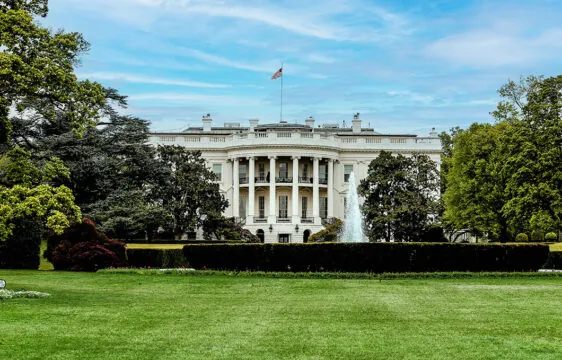What will Trump’s second term look like at the U.S. Equal Employment Opportunity Commission (EEOC)? Initially, policy change may not move as fast as one might expect because three Commissioners will remain Democratic at least for the first two years of Trump’s term. However, Trump will likely appoint Andrea Lucas, the Commission’s sole Republican, as the EEOC Chair and hire a new general counsel, replacing Karla Gilbride, who has been a champion for worker’s rights.
Moreover, given Trump’s statements and statements from his supporters, including Vivek Ramaswamy and Elon Musk, the EEOC’s Diversity, Equity, and Inclusion (DEI) programs such as the DEI Workshop Series conducted by the EEOC Training Institute are likely to go by the wayside quickly. Employers can also anticipate not being concerned with providing their LGBTQ+ workforce with as expansive rights as those seen under the Biden Administration. For example, LGBTQ+ employees’ rights such as using bathrooms that correspond to an employee’s gender identity are not likely to be enforced or reversed altogether.
The EEOC’s interpretations of the 2023 Pregnant Workers Fairness Act (PWFA), which provides workplace accommodations for physical or mental conditions related to, affected by, or arising out of pregnancy, childbirth, or related medical conditions, is also likely to be more restrictive. This means that expansive interpretations of the PWFA covering abortion, menopause, and infertility are less likely. Employees can also expect a consolidation of the EEOC’s workforce and not filling openings once federal employees leave or retire. As a result, cases will take longer to process and investigate due to fewer employees at the EEOC, including investigators. In sum, the next two years are likely to be one of little enforcement, stagnation, and a reduction in the protections for the LGBTQ+ workforce as well as for pregnancy, childbirth and related medical conditions.




